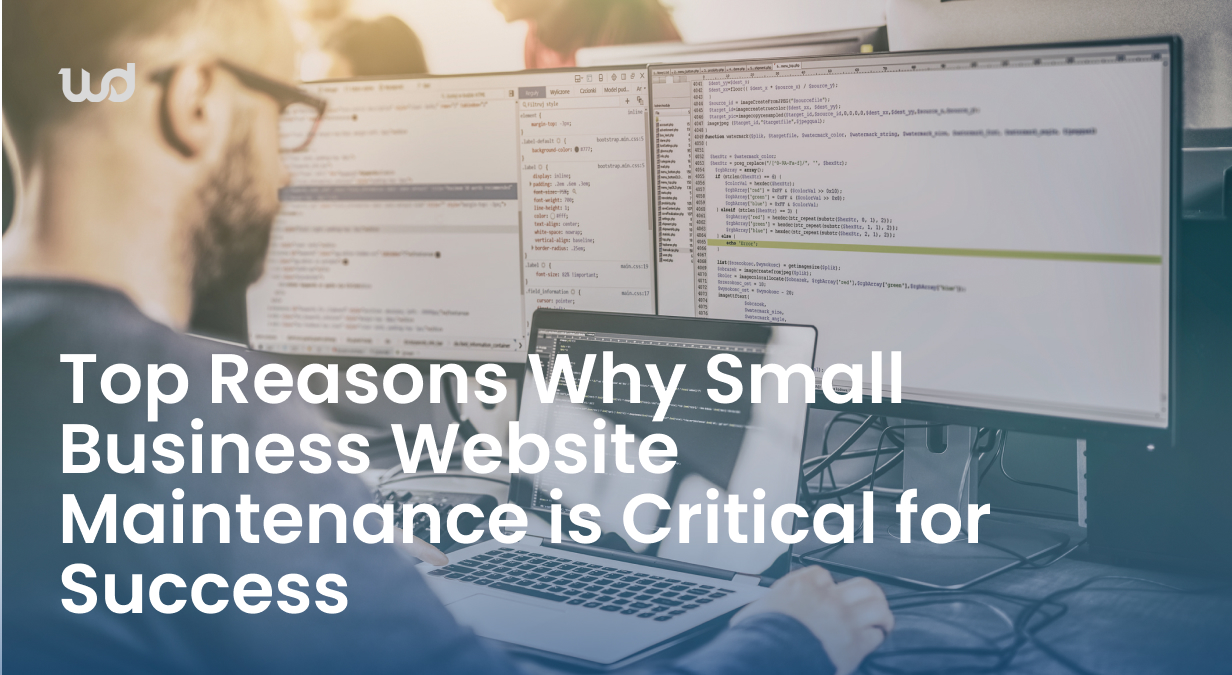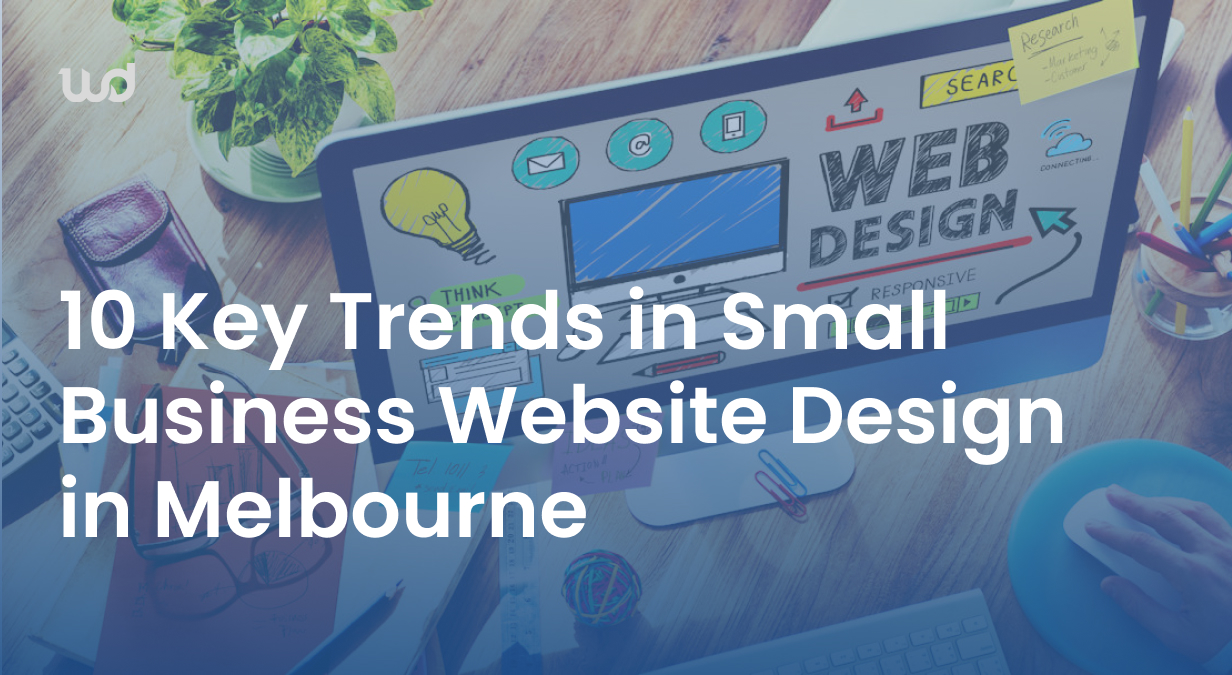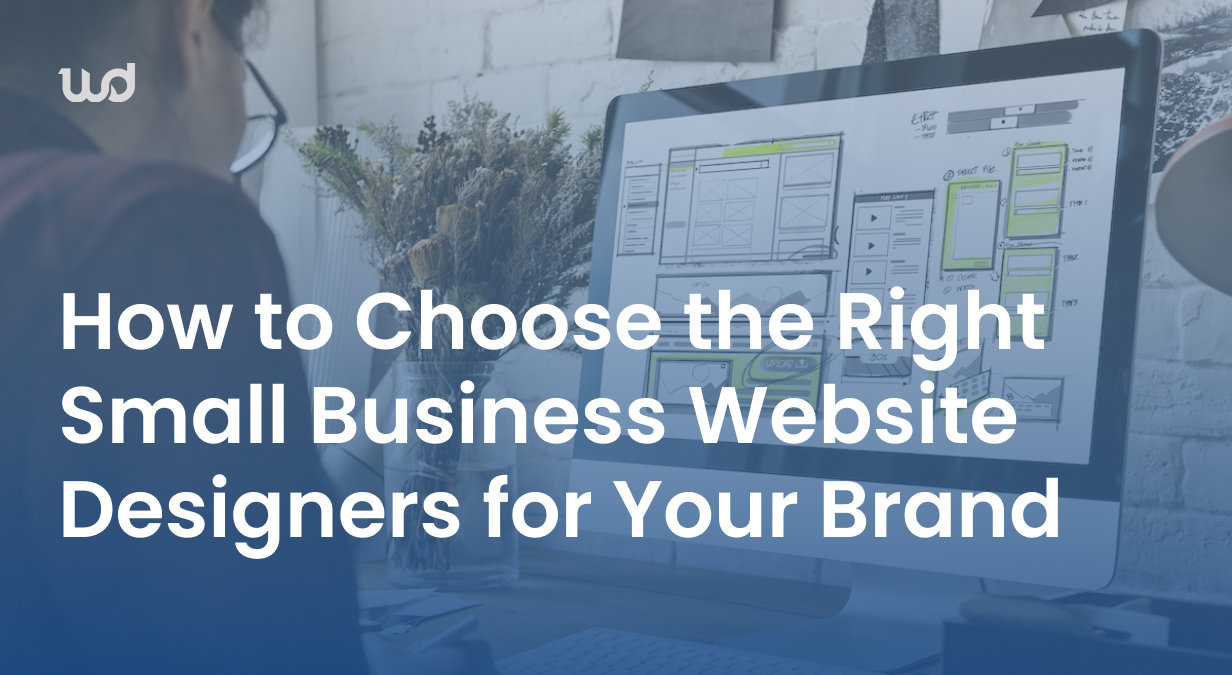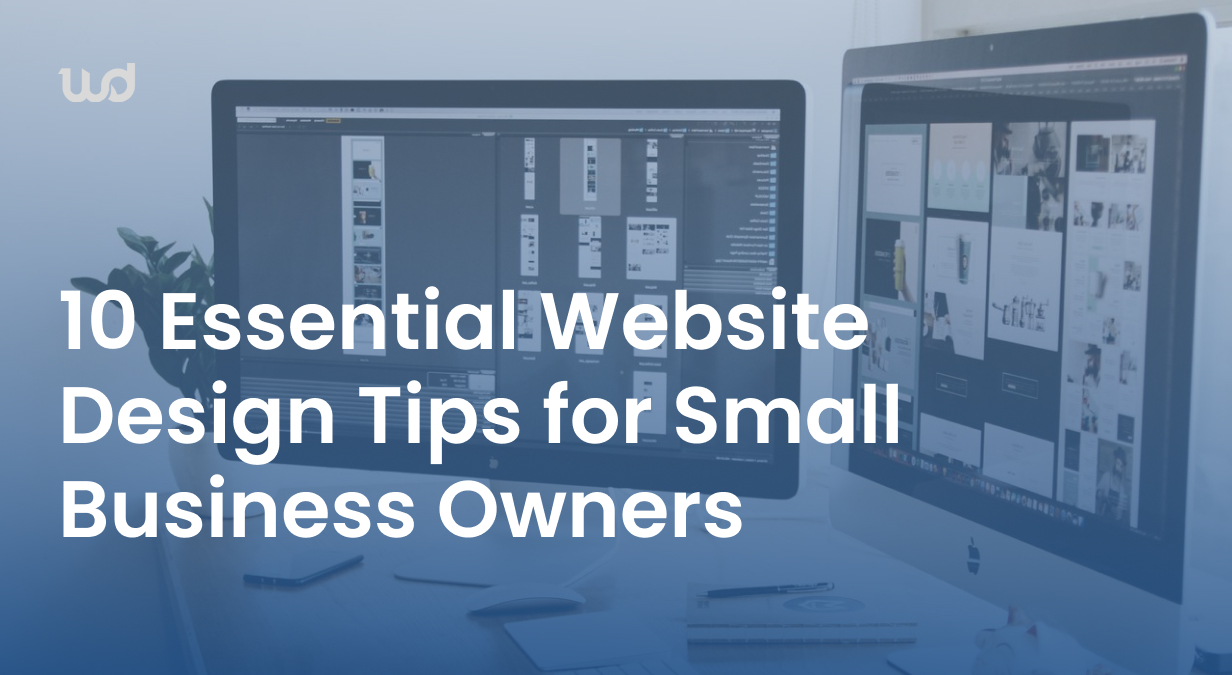How to Choose the Right Small Business Website Packages for Your Niche
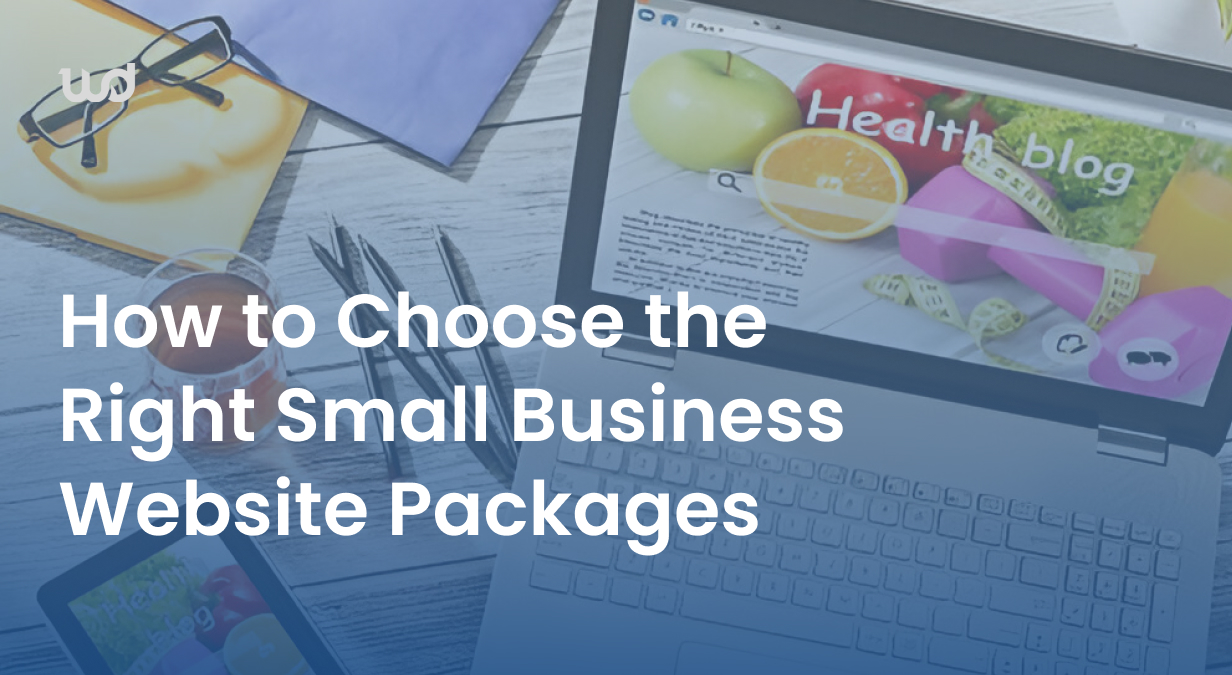
If you’ve ever felt overwhelmed by choices for your business, you’re not the only one. The fear of sinking resources into a package that doesn’t deliver can be paralyzing, leading to decision exhaustion and potentially costly mistakes.
Selecting the perfect small business website package is not just a routine decision; it’s a critical step that can decide the future success of your online presence. The challenge often lies not just in the various options but in finding a solution that resonates with the unique characteristics and needs of your business.
To solve this problem, the Website Digitals guide is your best approach to help you navigate through an array of options to ensure that you find the package that fits your business needs.
What Are Your Business Needs
Before choosing a website package it is important to understand what your business actually needs. Not all packages are created equal, and what works for one business may not work for another. Here are a few key considerations:
- Business Size and Scope: Are you running a local bakery, or are you aiming to scale up an e-commerce platform? The size of your business will determine the scale of the website functionalities you need.
- Budget: How much are you willing to invest in your online presence? Website costs can vary widely, and being clear about your budget can help narrow down your choices.
- Long-term Goals: Are you looking to increase brand awareness, boost sales, or both? Your goals will dictate the features you need from your website.
What to Look for in Small Business Website Packages
When choosing a website package, it’s not just about getting online—it’s about finding the right fit that can grow with your business. Consider these essential features:
- Domain Registration and Hosting: A memorable domain name and reliable hosting are the backbones of any online business.
- Design and Usability: A sleek, navigable website is crucial. As mobile use grows, so does the need for responsive design. According to Google, 61% of users won’t revisit a difficult mobile site, and 40% turn to competitors. This emphasizes responsive design’s role in reducing bounce rates and retaining users, vital for staying competitive.
- SEO Capabilities: Optimizing your website for search engines can dramatically increase your visibility and attract more visitors.
- Support and Maintenance: Regular updates and tech support can alleviate potential headaches down the road.
- Content Management: For businesses aiming to engage visitors with regular updates and posts, choosing a package that includes a robust website blog builder is crucial. This tool helps streamline your content creation process, making it easier to keep your site fresh and relevant.
Tapping into Advanced Features Without Breaking the Bank
Incorporating advanced technology into your small business website doesn’t have to be a budget breaker. Here’s how you can add advanced functionalities affordably and strategically:
- Leverage Open Source Solutions: Utilize platforms like WordPress, which offer free plugins for everything from e-commerce to social media integration. These plugins are often developed by a vibrant community and may have premium options for more extensive features.
- Utilize Freemium Models: Many SaaS providers offer basic services for free with optional paid upgrades. For instance, some analytics tools provide essential insights at no cost, with options to scale up for more comprehensive data as your needs grow.
- Cloud Services: Reduce upfront costs with cloud-based services, paying only for what you use. These can include anything from data storage to sophisticated customer relationship management systems, all scalable to match your business’s fluctuating demands.
- Automation Tools: Implement affordable automation tools like chatbots to handle routine customer inquiries. This not only enhances customer service but also frees up your time to focus on strategic tasks.
- Incremental Upgrades: Opt for incremental upgrades rather than a full overhaul. Add new features gradually to spread costs and minimize financial risk. This method allows you to assess each feature’s impact and ensure it aligns with your business objectives before further investment.
Comparing Website Packages: A Table Overview
To make your decision easier, here’s a comparative overview of typical features offered in small business website packages:
|
Feature |
Basic Package |
Standard Package |
Premium Package |
|
Domain Registration |
Included |
Included |
Included |
|
Hosting |
Standard |
High-speed |
Business grade |
|
Design Templates |
Limited |
Extensive |
Customizable |
|
Mobile Optimization |
Yes |
Yes |
Yes |
|
SEO Tools |
Basic |
Advanced |
Comprehensive |
|
Support |
|
24/7 Chat |
Dedicated |
Strategic Considerations to Outperform Industry Competitors
Every industry has unique needs and challenges. For instance, a real estate website might require a powerful MLS listing feature, while a retail business needs robust e-commerce capabilities. Here’s what to consider:
- Customizability: Depending on your niche, you may need more customizable options to cater to your specific audience.
- Integration Capabilities: Think about what external tools and services you need to integrate, like social media platforms, email marketing software, or customer relationship management systems.
- Scalability: As your business grows, so will your website needs. Ensure that the package you choose can scale up easily.
Choosing the Best Website Packages for Small Business
Finding the right package involves more than ticking boxes on a feature list; it’s about finding a solution that aligns with your business’s identity and purposes. Here are some steps to help you make the best choice:
- Identify Your Needs: List down what you absolutely need now and what you might need in the future.
- Market Research: Look at what your competitors are doing. This can give you insights into what works and what doesn’t in your niche.
- Vendor Comparisons: Don’t just compare prices. Look at the value each package brings to your business in terms of support, flexibility, and additional services.
Conclusion
Choosing the right small business website package requires careful thought and consideration. By understanding your needs, comparing options, and selecting a package that aligns with your business goals, you can establish a strong online presence that supports your business’s growth and success. Remember, the right package not only provides a foundation for your digital footprint but also enhances your operational capabilities, making it a critical decision for any small business owner.
Frequently Asked Questions:
What is the importance of SEO in small business website design packages?
SEO is vital for ensuring that your website is discoverable by your target audience. Good SEO practices help your site rank higher in search engine results, driving more organic traffic to your website.
Can I upgrade my website package later?
Yes, most providers offer scalable solutions that allow you to upgrade as your business grows. Make sure to confirm this with your provider before making a decision.
What should I prioritize, design or functionality?
Both are crucial, but functionality should not be compromised for design. A beautiful website that doesn’t perform well can deter potential customers.
How much should I expect to spend on a small business website package?
Costs can vary widely based on the features and support you choose. Basic packages can start from a few hundred dollars a year, while more advanced options can go into the thousands.
How long does it take to set up a small business website?
The time to set up a website can vary based on complexity. Basic websites can be up and running in a few weeks, while more customized solutions might take several months.


